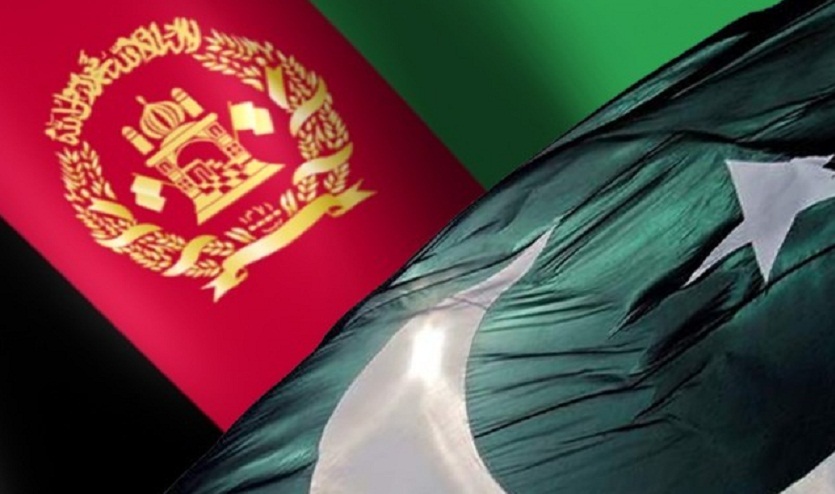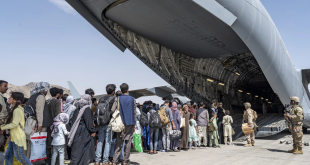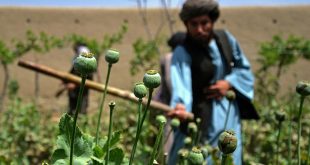KABUL: The Lapis Lazuli Corridor is serving as an outstanding alternative to Pakistan’s Karachi transit route, helping connecting Afghanistan to Europe, the Ministry of Industry and Commerce said on Sunday.
As the first cargo of Afghan merchandise just reached Turkey en route to Europe, the government will be talking to Lapis Lazuli member states to solve fundamental problems faced by Afghan investors.
According to recent findings, the Lapis Lazuli Corridor provides cost-effective and safe route for Afghan goods and shortens the distance of transit to European destinations as compared with Karachi port. Cargos will reach Europe in 16 days through the new route, while shipments through Karachi port to the same destination take more than 20 days along with many problems.
The Lapis Lazuli corridor connects Afghanistan through Turkmenistan, Azerbaijan, Georgia to the Black Sea and ultimately through Turkey to the Mediterranean Sea and Europe. The Lapis Lazuli corridor is a historic corridor. Almost 2,000 years ago, lapis lazuli stone was exported from Badakhshan in northeastern Afghanistan through this route to Europe.
Mohammad Yahya Akhlaqi, head of the ministry’s transit department said the Afghan cargo received good support and cooperation by the member countries of the Lapis Lazuli.
The International Chamber of Commerce and Industry said considering the past years problems with Pakistan, Afghanistan needs to look for alternatives to the Pakistani transit routes. “The Lapis Lazuli route has its own advantages and benefits. The Karachi route was a better and more secure way in the past, but unfortunately, the problems were emerged for Afghan investors who suffered hundreds of millions of dollars loss,” said Abdul Qadir Bahman, CEO of the chamber.
The first shipment of the Afghan goods arrived in Turkey on Friday. Their last destination is Europe. It includes more than 175 tons of cotton, dried fruit and sesame.
The Lapis Lazuli Route agreement was finalized after three years of talks and was signed during the 7th Regional Economic Cooperation Conference on Afghanistan (RECCA VII) in Ashgabat, Turkmenistan.
According to ACCI statistics, Afghanistan’s annual import volume from Europe and Turkey through Iran is $900 million but the country’s exports to European nations totals $6 million a year.
 Afghanistan Times
Afghanistan Times




